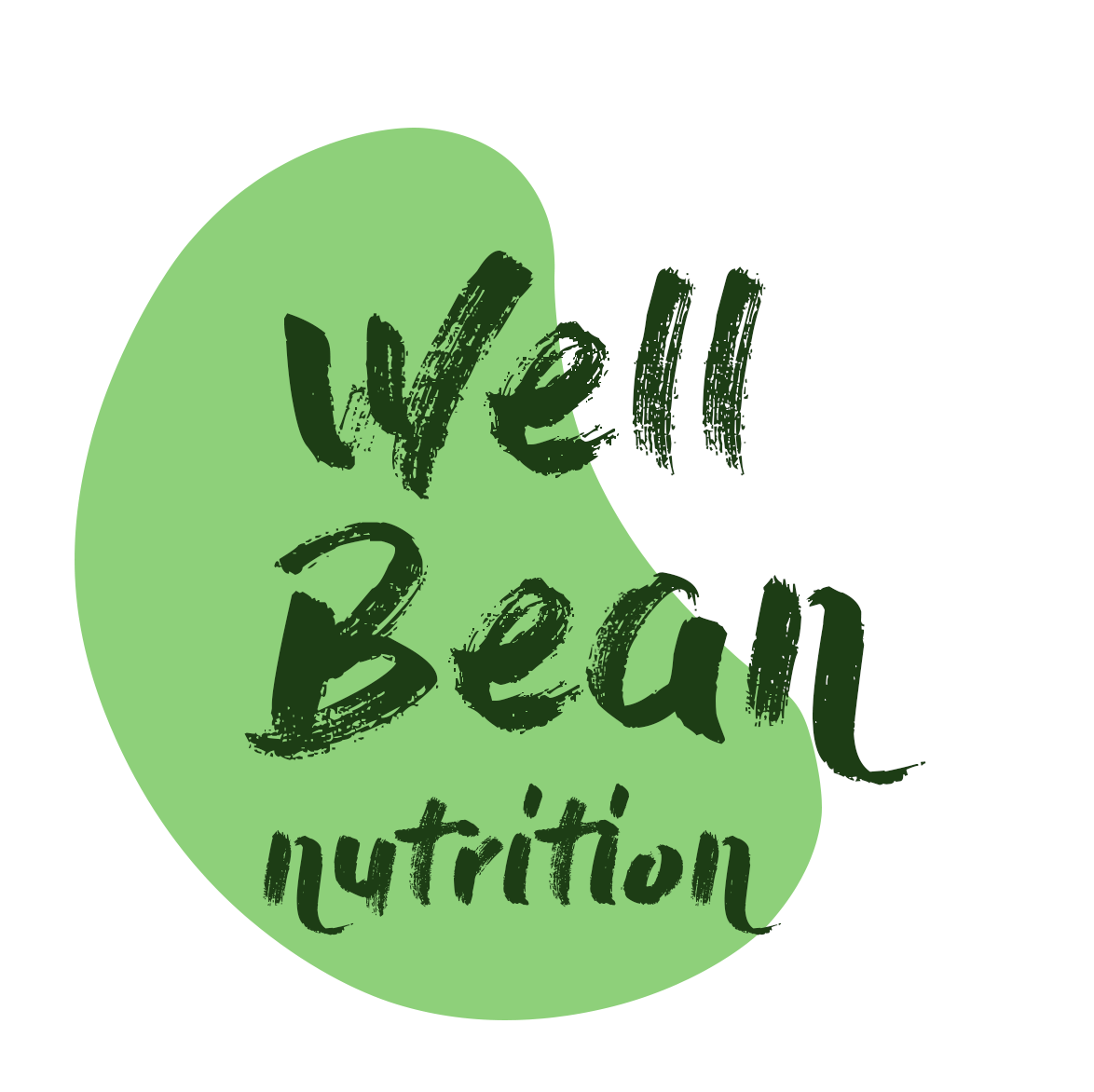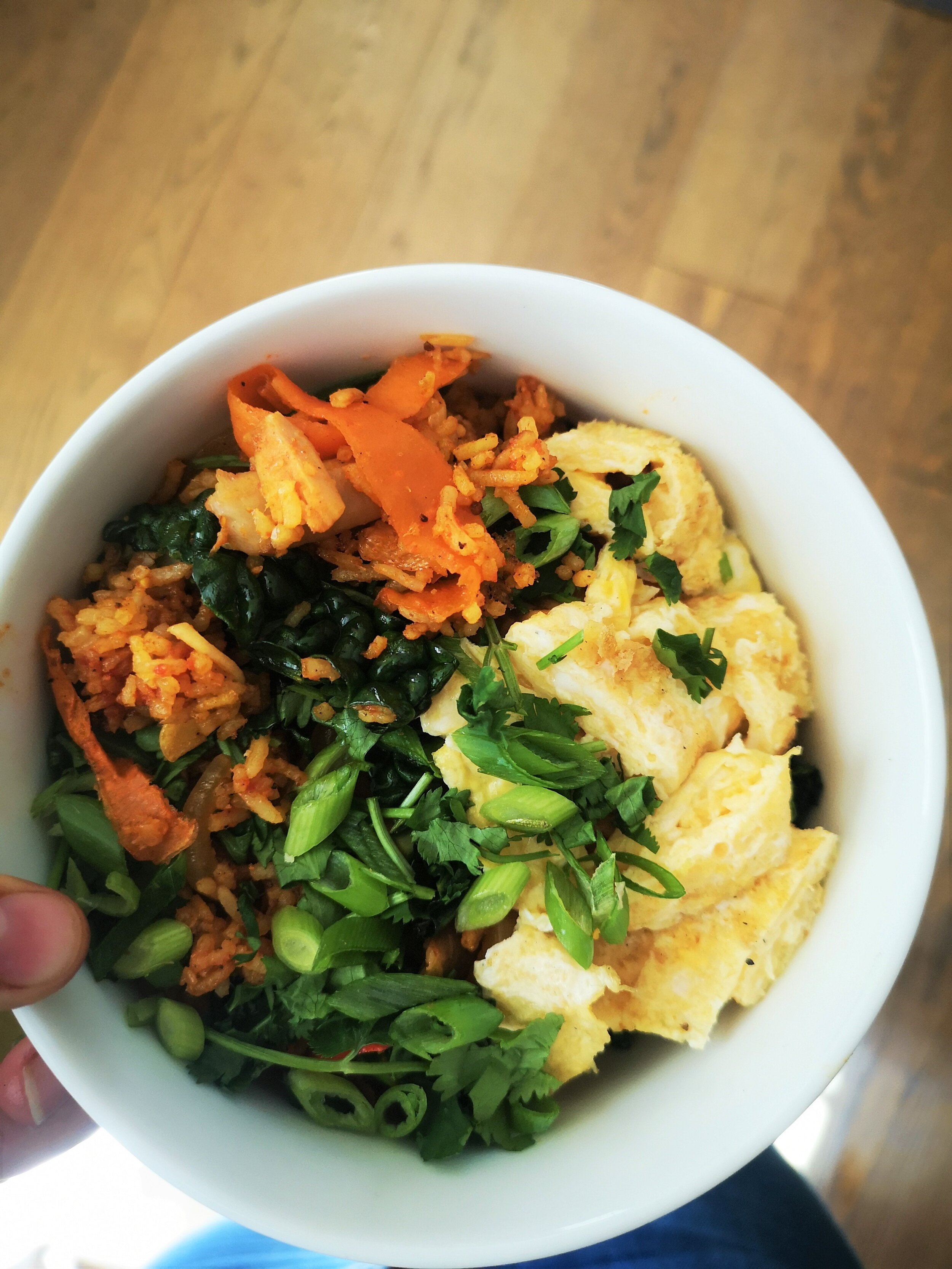I first came across a variation of this sauce whilst oogling over the work of Nobu Matsuhisa, a Japanese mastermind in the kitchen and I’ve put my own “simplifying” touches to it, to hopefully make it something we can all enjoy, in a speedy fashion, in the comfort of our own homes- it’s not quite the same obviously, but it’s pretty dang good if you ask me!
To Go Organic or Not Organic?
With all the confused media-frenzied information swirling around, sometimes it can be hard to figure out the straight facts, especially when it comes to nutrition and health, so I want to lay out, as straight as I can, my opinions on organic vs non organic food.
My predominant concerns lie in the health implications of gobbling up pesticides, antibiotics and chemicals which many non-organic foods have been subjected to.
Lets have a closer look at what this means below:
Organophosphates, widely used insecticides, have been linked to neurodevelopmental issues in children. They may affect cognitive function and contribute to developmental delays as well as other neurological effects in adults (Tsai YH & Lein PJ. Mechanisms of organophosphate neurotoxicity. Curr Opin Toxicol. 2021 Jun;26:49-60)
Glyphosate, a widely used herbicide, has been associated with an increased risk of certain cancers, particularly non-Hodgkin lymphoma. It has raised concerns due to its potential carcinogenicity. (Zhang Q, et al. The study of human serum metabolome on the health effects of glyphosate and early warning of potential damage. Chemosphere. 2022 Jul;298:134308)
Certain pesticides can act as endocrine disruptors, mimicking or blocking hormones. This may lead to hormonal imbalances, affecting reproductive health, fertility, and potentially increasing the risk of conditions like breast or prostate cancer. (Park J, et al. Interventions on Reducing Exposure to Endocrine Disrupting Chemicals in Human Health Care Context: A Scoping Review. Risk Manag Healthc Policy. 2022 Apr 26;15:779-791)
Some pesticides are classified as ‘Persistent Organic Pollutants, AKA, ‘POPs’, which can accumulate in the body's fatty tissues. This accumulation over time may contribute to immune system suppression, reproductive issues, and other health problems. (Reina-Pérez I, et al. Cross-sectional associations of persistent organic pollutants measured in adipose tissue and metabolic syndrome in clinically diagnosed middle-aged adults. Environ Res. 2023 Apr 1;222)
Toxic pesticides like neonicotinoids are putting bees at risk of extinction. Without these pollinators, our food system would be at risk.
Atrazine is a widely used herbicide linked to mammary tumors in rats, though is dismissed by the epa as being not harmful to humans- I’d like to not risk it myself though!
Even with washing, pesticide residues can remain on conventionally grown fruits and vegetables. Consuming these residues may contribute to chronic low-level exposure, impacting health over time. Choosing organic options, washing produce thoroughly, and supporting sustainable farming practices can help minimize exposure to harmful chemicals in your diet.
One of my favourite ways of side-stepping a completely empty piggy bank, whilst avoiding exposure to harmful chemicals and sprays is to familiarise myself and my clients with The Clean 15 and Dirty Dozen (detailed below). Generally I’d recommend buying the ‘Dirty Dozen’ foods as organic and ‘The Clean 15’ as normal (albeit as local and seasonal as possible):
Of course there are many ethical and economical considerations which I haven’t taken into account here and coming from a farming family myself, I am fully aware of the necessary reliance on pesticides and chemicals that farmers face when competing in a global market.
I do think though that it’s important to have these conversations to figure out a good way forward which might be able to benefit both our incredible farmers, who tirelessly work to make sure we all have food on our plates, and the health outcomes of our society too, which may ultimately alleviate pressure on our healthcare system along the way.
Stocking Your Freezer and Pantry: Essential Tips from a Nutritionist
In our fast-paced lives, having a well-stocked freezer and pantry can be a game-changer for maintaining a healthy diet. As a nutritionist, I often emphasize the importance of planning ahead and having nutritious ingredients on hand to create balanced meals. Let's dive into the essentials for your freezer and pantry that will help you stay on track with your health goals, finishing off with a family friendly, gut loving recipe for your freezer.
1) Freezer Filling Essentials:
Frozen Fruits and Vegetables: Frozen fruits and veggies are just as nutritious as their fresh counterparts and have the added benefit of a longer shelf life. Stock up on a variety of options like berries, spinach, broccoli, and mixed vegetables to easily incorporate them into smoothies, stir-fries, and soups.
Lean Proteins: Keep your freezer stocked with lean protein sources such as skinless chicken breasts, fish fillets, tofu, and lean ground turkey. These protein options can be thawed quickly and used in a multitude of dishes, providing the building blocks for muscle repair and overall health.
Whole Grain Products: Look for whole grain bread or sourdough (if these come as loaves slice them before they go in), wraps, and tortillas that can be stored in the freezer. These items serve as a convenient base for sandwiches, wraps, or toast, offering fiber and essential nutrients for sustained energy levels.
Homemade Meals: Spend some time batch cooking and freezing nutritious meals like soups, stews, chili, and casseroles. Portion them into individual containers for easy reheating on busy days, ensuring that you have wholesome options available when time is limited.
Healthy Treats: Keep a stash of homemade healthy treats like energy balls, whole grain muffins, or portioned-out dark chocolate squares in the freezer. These can satisfy cravings without derailing your nutrition goals.
2) Pantry Cupboard Essentials:
Whole Grains: Stock your pantry with a variety of whole grains such as brown rice, buckwheat, quinoa, oats, and whole wheat pasta and noodles. These staples provide fiber, vitamins, and minerals, serving as the foundation for nourishing meals.
Canned Beans and Legumes: Beans and legumes are budget-friendly sources of plant-based protein, fiber, and complex carbohydrates. Opt for low-sodium varieties and have options like black beans, chickpeas, and lentils on hand for adding to salads, soups, and grain bowls.
Healthy Fats: Include sources of healthy fats in your pantry like olive oil, nuts, seeds, and avocado oil. These fats are essential for nutrient absorption, hormone production, and brain health. Use them for cooking, dressing salads, or adding to smoothies.
Herbs and Spices: Build a collection of herbs and spices to add flavor to your meals without relying on excess salt or unhealthy sauces. Essentials include garlic powder, onion powder, cumin, paprika, turmeric, and cinnamon allowing you to create delicious and flavorful dishes.
Nutrient-Dense Condiments: Choose nutrient-dense condiments like salsa, coconut aminos, mustard, tahini, and balsamic vinegar to enhance the flavor of your meals without unnecessary additives or sugar.
By keeping your freezer and pantry stocked with these essentials, you'll be well-equipped to prepare nutritious meals even on the busiest of days.
Plan ahead, batch cook when possible, and prioritize whole, nutrient-dense ingredients to support your health and well-being. With a little organization and preparation, eating well can be both convenient and delicious.
a freezer-friendly, super speedy, one pot
spiced butternut and lentil curry
Ingredients:
Coconut Oil for cooking
400g Butternut Squash, cut into 1cm cubes
1 Onion, sliced
200g Brown Lentils (tinned is fine)
200g Chopped Tomatoes (tinned is fine)
1 large clove of garlic, sliced
200ml Coconut Milk (1/2 tin)
1 Vegetarian stock cube (Knorr or similar)
1/2 tsp Fenugreek
1tsp Fennel Seeds
1tsp Cumin Seeds
2tsp Curry Leaves
2tsp Oregano
1tsp Ground Ginger
1tsp Tamarind Paste
2tsp Soy Sauce
4tbsp Frozen Spinach (organic if possible)
Chopped Coriander to serve
Method:
In a saucepan, add 1tbsp coconut oil, the chopped butternut squash & the sliced onion and cook on medium heat until the onions are soft (about 5 mins).
Add the sliced garlic clove, the fenugreek, fennel, cumin, curry leaves, oregano & ginger and cook for a further 5 mins until fragrant.
Add the rest of the ingredients and allow it to bubble away for 10-15mins until the butternut squash is just soft through and the spinach is fully incorporated.
This can be served to stuff a cooked portobello mushroom (video on my Instagram!), with cooked rice or naan bread.
If frozen, defrost thoroughly before reheating on a low heat in a pan (lid on) for 20-25mins, stirring occasionally.
—-
Packed with protein, calcium, fibre and an impressive array of other vitamins, this is a fantastic go-to for a vegetarian mid-week meal. It is all things from indulgent, rich and flavoursome to nutrient dense and gut soothing, not to mention budget-friendly.
WHO KNEW NOT DRINKING COULD TASTE SO GOOD!
LIVER CLEANSE: TIP 2.
Are you looking for a delicious, low sugar, slightly bitter, antioxidant rich, alcohol free, totally delicious and more-ish tipple that makes you feel kind of boujis and partyish, but without the hangover?
-
I've got just the ticket, so look no further!
-
I've been living off this this month- I'm totally addicted. It's blown almost all other alcohol and alcohol free drinks I've tried out the window. (Unfortunately, it goes incredibly well with #Sunbites Cheese and Onion crisps, but that's just something I'll have to deal with).
-
This juice is so potent in antioxidants, it's barmy. I've done a lil brief explanation below as to why:
-
This drink contains two fabulous ingredients: Pomegranates and Yuzu.
1. Pomegranates contain a humongous amount of powerful antioxidants & anti-inflammatory anthocyanins and hydrolysable tannins and tests done on our poor little rat friends have shown pomegranate as a potential therapeutic agent against liver fibrosis.
-
2. Yuzu is also packed with antioxidants, reducing inflammation and improving toxin clearance. They are vastly rich in vitamin C, which is vital for the immune system too.
-
To make this eye poppingly delicious tipple you will need to do the following:
-
In a glass combine the following:
-1 tbsp pomegranate seeds, bashed up a bit so the juices are released.
- 1.5tsp yuzu (This is available in a little bottle @waitroseandpartners)
- 200ml good quality tonic water. (I like @fevertreemixers).
- 1 sprig of thyme
That's all!
-
Please inspire me with your alcohol free tipples! I'd love some fresh ideas.
-
-
-
-
-
-
-
-
-
-
-
--
#liverhealth #detox #sobernovember #nutrition #nutritionist #nutritioncoach #pomegranate #alcoholfree #instagood #thefeedfeed #drinkstagram #weekendvibes #partyeveryday #yum #yumyum #yumyumyum #corblimey
Recipe: Nasi Goreng- Well Bean style!
Nasi goreng is the Indonesian equivalent of a fry up brekkie- it’s comforting, filling, flavoursome and generally perrrrrfect for a lazy and indulgent day.
I first came across nasi goreng on a holiday to Bali years and years ago with me old pal, where I devoured this happily every day. Indonesia has the most incredible food and, with such a rich variety of herbs and spices is one of my favourite places to go for sun, surf, sea and foooood!
After several trips back since, I have tweaked and adapted the original recipe to a slightly simpler version, with ingredients which are a bit easier to get our mitts on over here. This version is gluten free, contains anti-inflammatory omega-3s, is fibre rich, packs in juicy cruciferous veg, counting towards your 10 a day, and lots of fresh herbs for an extra antioxidant punch.
Enjoyyyyy:
(serves 2)
2 garlic cloves, chopped
160g cavolo nero, sliced
2 tsp tomato purée
lemongrass, grated
5 anchovies, chopped very small
2tbsp soy sauce
1tbsp honey
1 red chilli, sliced
500g of brown rice, cooked and cooled
For garnish:
lime wedges
spring onions
cucumber
coriander
egg (rolled omlette or fried)
Fry the garlic and cavolo nero on a lowish heat for about 5 minutes until just cooked through. Turn the heat up. Add the rice and lemongrass and cook, breaking up the rice with a spatula, for a further 5 minutes.
Add the rest of the ingredients, except the garnishes and cook through for another 3 mins.
Finish with the garnishes and eat hot!
NB. You can really add any leftover bits that you have lying around. On this particular breakfast, I had some carrots that wanted eating, so I finely, finely sliced these in too and shredded chicken (at the rice stage).

















